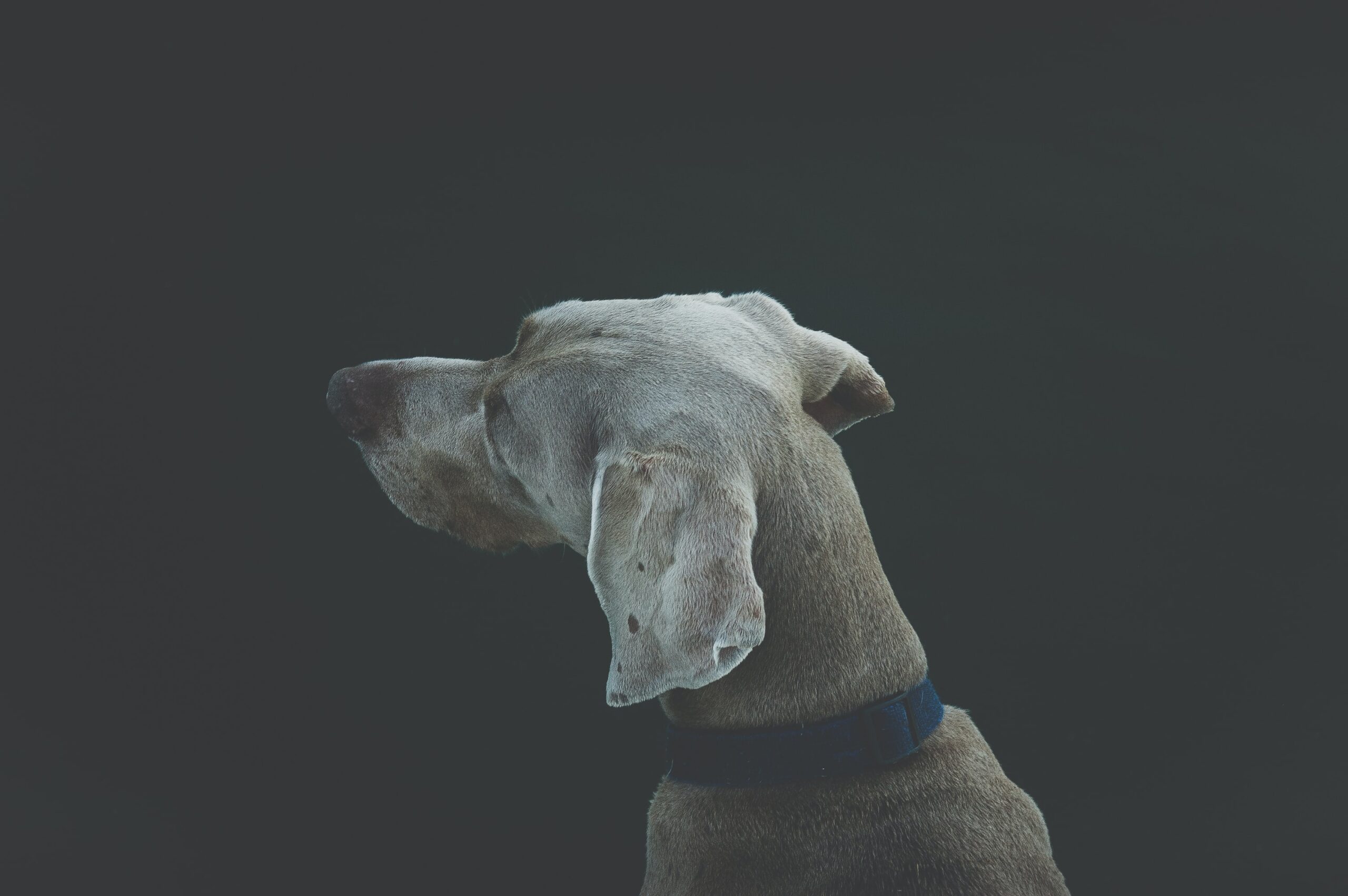Some things hurt regardless of the original intent. This is the case, for example, when a rock is randomly thrown into the dark and hits a dog. The dog will holler simply because it’s hurt irrespective of the original intent of the thrower. And in this way, the reaction speaks more to the wounds of the dog than to the heart of the thrower. And the same is often true for us.
For instance, some words we feel are fighting words. We feel disrespected and we’re ready to defend our reputation. But many times our offense has to do with our own wounds much more than any malicious intent by the other.
We all have certain things that seem to get under our skin more than others. And these buttons often speak to areas of shame and vulnerability in our own story.
For example, we might struggle to tolerate someone even seeming to question our work ethic or intelligence when these are areas of doubt and insecurity for ourselves.
In fact, the other might have no intent of challenging us directly, but our sensitivity to these particular issues causes us to react all the same. We’re the dog crying out in pain even when there is no malice present.
This is not to excuse the other of his responsibilities. Certainly, we’re not practicing love when we intentionally push each other’s buttons. But the point is not for them to walk around on eggshells either – desperately trying to avoid anything that could possibly be twisted into an offense.
The work on our side of the street is to find healing for those wounded and often unacknowledged places still in our own story. Of course, we’re still hurt by the words of others, but we spend less time attacking them and more time considering and caring for the needs of our own hearts.
We only add to the frustration, confusion, and harm when we simply go on the attack unprovoked.
To be sure, it’s okay to cry out in pain when words unintentionally cause you harm. But learn to care for the true needs of your heart without blindly attacking the other.
Photo by Will Langenberg on Unsplash


